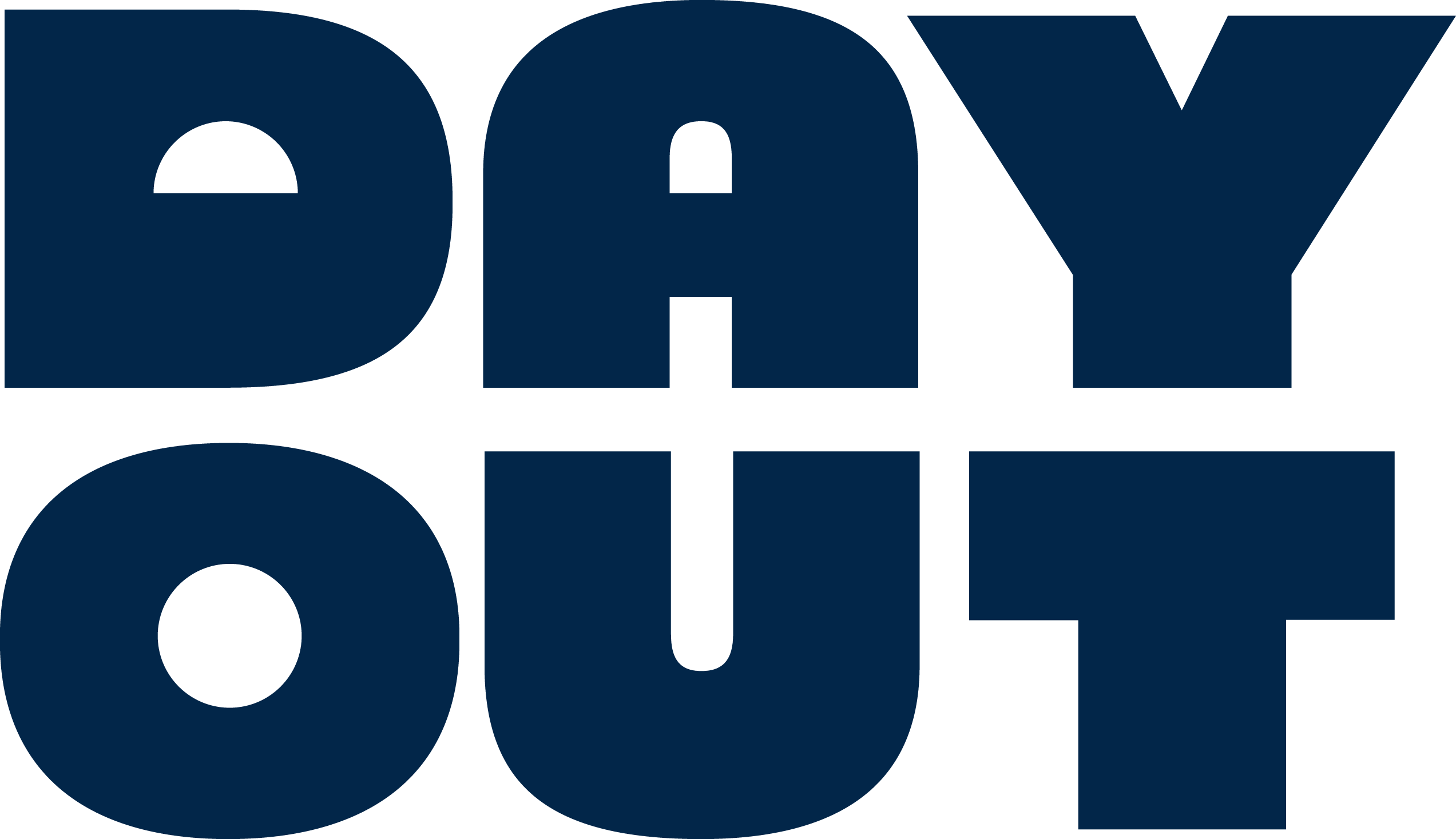Dive Brief:
- Data analytics firm One Click Retail reports that Whole Foods’ store brand products boosted AmazonFresh grocery sales 35% in the last four months of 2017 compared to the previous four months, according to a news release.
- Weekly sales of AmazonFresh more than doubled in 2017, from roughly $3 million in January to $7 million by the end of the year. Organic products fared very well, accounting for close to 25% of all AmazonFresh sales.
- The report by One Click Retail also found the 365 brand was a solid second place bestselling brand among private label sales. It was second only to AmazonBasics.
Dive Insight:
Amazon’s summertime acquisition of Whole Foods has reinvigorated the powerhouse e-tailer’s AmazonFresh division.
This past fall, Recode reported Amazon was stopping delivery for it’s home grocery delivery service to parts of five states: Pennsylvania, California, New Jersey, Maryland and Delaware. The issues AmazonFresh faced then and still struggles with are the same ones facing all fresh grocery delivery businesses: Delivery is inefficient, margins are slim, and building and maintaining cold storage facilities is incredibly expensive.
Now that Amazon has added Whole Foods' private label brands, most notably 365 Everyday Value, to Fresh, the once underperforming service is seeing significant growth. Top Whole Foods brand products on AmazonFresh include organic baby spinach, shredded Parmesan cheese, organic riced cauliflower, unsalted butter and smokehouse bacon, according to One Click Retail.
Non-perishable items, like 365 peanut butter and vitamins are also available on Amazon Prime and Prime Pantry. Amazon sold close to $2 billion in groceries in 2017, according to a recent Wall Street Journal article. However, only $350 million of that sum was from AmazonFresh.
The strong growth in Fresh in the last four months of 2017 indicates that percentage will likely increase over coming months and years. By acquiring Whole Foods, Amazon not only picked up a store brand consumers are already loyal to, but it also bought brick-and-mortar locations across the country that could eventually be re-formatted into distribution points for Fresh. During Amazon's most recent earnings call, chief financial officer Brian Olsavsky indicated the e-tailer is looking to increasingly integrate Whole Foods with its online services.
Whole Foods' online contributions have made Fresh a stronger competitor with more established pure-play outlets like Peapod and FreshDirect. The surging service could also strengthen Amazon’s foothold in the meal kit industry, which went into testing mode this past summer. Much like grocery e-commerce, online meal kit providers face challenges from procuring fresh ingredients to keeping customers interested. Amazon's logistical prowess and ability to invest in innovation could eventually make it a leader in that segment.
The Whole Foods private label popularity across all Amazon selling platforms reinforces just how strong a brand it is, and how high interest in store brands is overall right now. The grocers' store brands may just be the catalyst AmazonFresh needed to get a bigger piece of the $800 billion grocery market.









